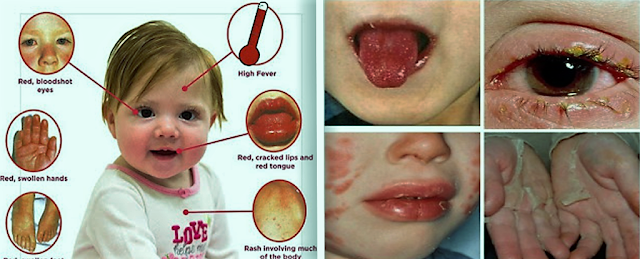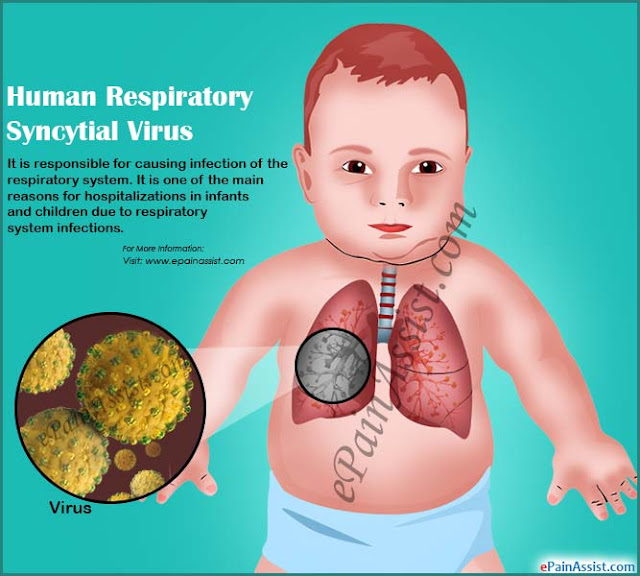Kawasaki Disease
Kawasaki Disease
Kawasaki disease is an illness that almost always affects kids, most of them under the age of 5. It’s one of the leading causes of heart disease in children.
Causes
When a child has Kawasaki disease, the blood vessels throughout his body become inflamed. This can damage the coronary arteries, the vessels that carry blood to his heart.
But Kawasaki disease doesn’t affect just the heart. It can also cause problems with lymph nodes, skin, and lining of the mouth, nose and throat.
Scientists haven’t found an exact cause for Kawasaki disease. But they think it’s probably linked to a combination of genetics, exposure to viruses and bacteria, and other environment factors, such as chemicals and irritants.
Symptoms
One of the most important things to know about Kawasaki disease is that it comes on fast and symptoms show up in phases. It can lead to heart trouble in as little as 10 days to 2 weeks after the symptoms start.
Signs of Kawasaki disease may include the following:
- High fever, above 101 and minimally responsive to meds that normally bring down a temperature -usually lasting more than 5 days
- Rash and/or peeling skin, often between the chest and legs and in the genital or groin area, and later on the fingers and toes
- Swelling and redness in hands and bottoms of feet, followed by sloughing of skin of hands and feet
- Redness in the eyes
- Enlarged glands, especially in the neck
- Irritated throat, inner mouth, and lips
- Swollen, bright red “strawberry tongue”
- Joint pain
- Stomach trouble, with diarrhea and vomiting
If your child has a fever between 101 and 103 degrees that lasts more than 4 days, and shows several of the symptoms noted, contact his doctor. Treating him early can help reduce his chances of any permanent effects.
To know more : https://bit.ly/2oYxHVw
Contact: pediatricnursing2019@gmail.com



Comments
Post a Comment